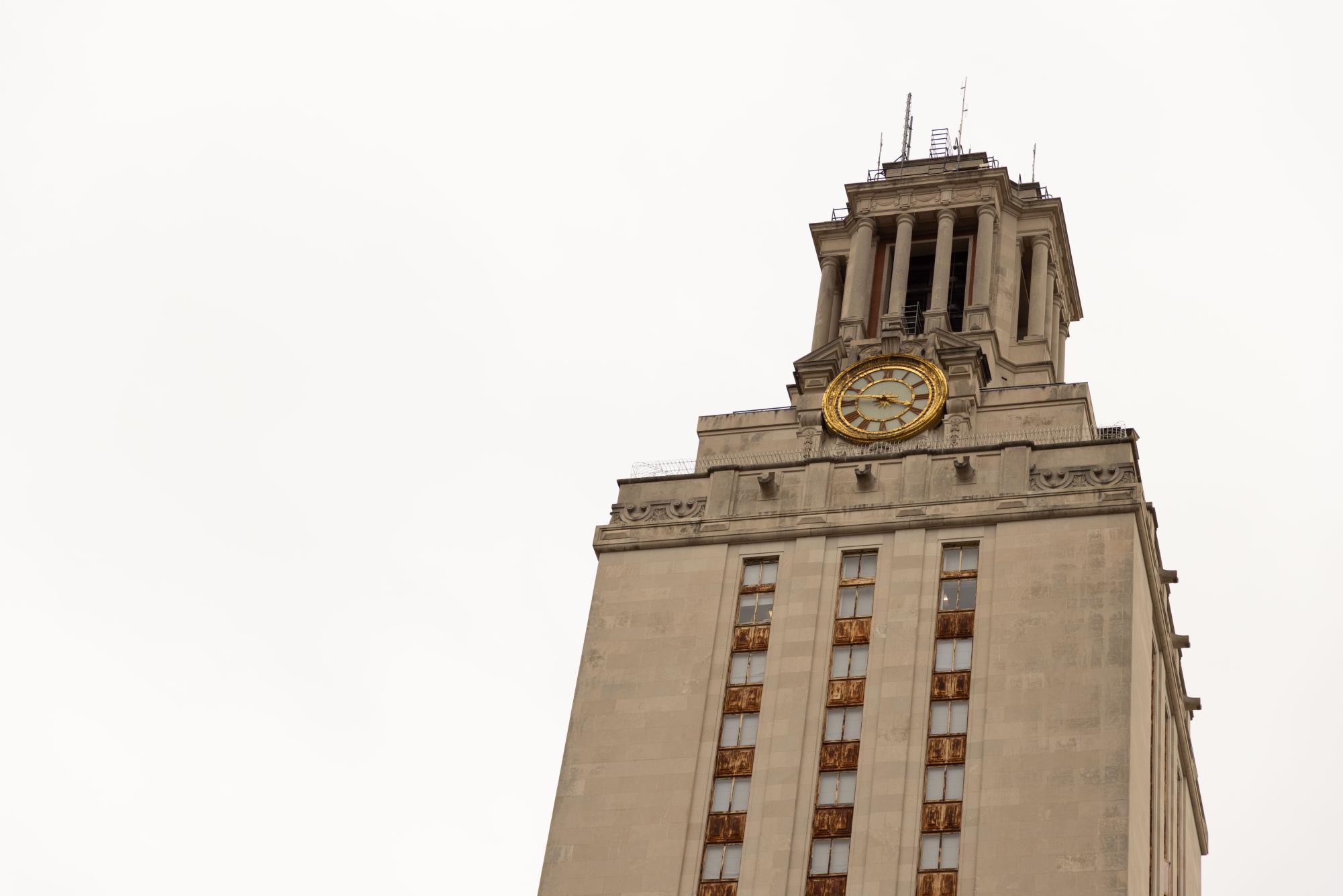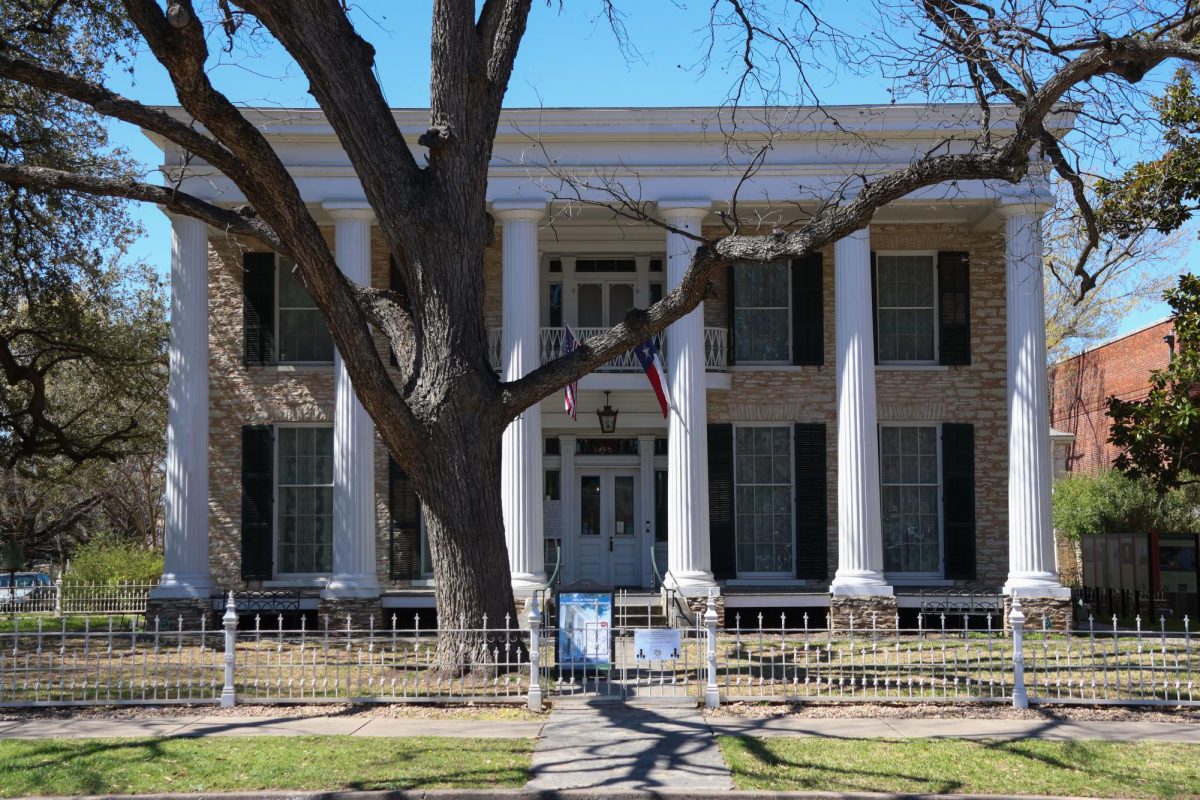Friday’s portion of the Civil Discord Symposium began with a discussion on whether anti-racism has gone too far on university campuses.
Naomi Campa, assistant classics professor, moderated the dialogue between John McWhorter, associate professor of linguistics at Columbia University, and Richard Reddick, Dean of the UT Undergraduate College. McWhorter said anti-racism shouldn’t be the focus of a university while Reddick said universities are uniquely positioned to combat racism.
McWhorter acknowledged racism as a pressing issue, but questioned why anti-racism should be the main focus of a university’s mission.
“Hypothetically, what about a campus that was devoted in that same way to increasing historical knowledge in general; why not a campus devoted to making sure that students were equipped for true civic engagement?” McWhorter said.
He went on to express his belief that events during the spring of 2020 thrust anti-racism into the spotlight.
“Not that racism isn’t important, but it is a rather arbitrary, historically contingent focus,” McWhorter said. “That is not about the inevitability of that as being central to an education, but about the particular bizarre cocktail of factors that happened in the spring of 2020.”
Reddick said an all-encompassing approach from the university level was necessary to combat racism.
“I do think if we want to get to a point where we make it less of an issue, we have to confront it,” Reddick said. “(Using) an epidemiological metaphor: if we’re combating cancer, we got to do it aggressively, right?”
Reddick also highlighted the unique position of universities in mitigating social issues.
“As universities, we’re often testing and doing things that have not been done in society,” Reddick said. “It’s not surprising that some of the things that we’re doing aren’t necessarily successful, but it should be working and happening in this space.”
The speakers also spoke about their varying perspectives on diversity, equity and inclusion programs at universities.
McWhorter said some DEI initiatives are examples of anti-racism going too far on campuses. He said his school changed his History of Classical Music course to include more Black composers. While he said he wasn’t opposed to including more diverse perspectives, he disagreed with some of the people that the school put in his syllabus. He said he’d rather focus his courses on people who merit being there as opposed to what he believes is filling diversity quotas.
Reddick said DEI initiatives help highlight a range of perspectives, and are not solely race-based.
“We should be thinking critically about how we are thinking about inclusion and bringing voices and perspectives, including perspectives that are heterodox or from a conservative perspective,” Reddick said. “The work I’ve been doing is about working with all constituents in the community.”














